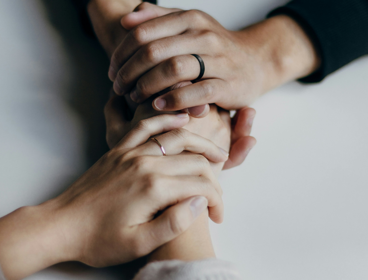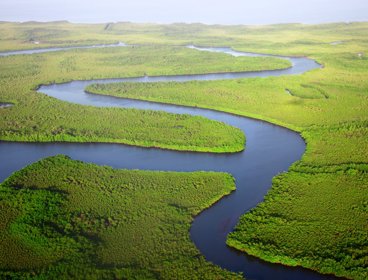As a new academic year begins and new starters aim to settle in, as well as those in the midst of their research consider a new year and possible returns to the office, I wanted to share some thoughts regarding wellbeing. I believe I am not alone when I say postgraduate research is challenging. As with many things, challenges come in many shapes and sizes: some are surprisingly encouraging and exciting and through them my research and I have developed, as well provided opportunities to connect. Yet, others are all teeth and claws and with these challenges, I have also learnt about myself, but often through a circular route where self-care decreased whilst self-doubt increased, and I found these times isolating. So, what have I found out along the way?
Research as a process
First, research is very much a process. A process shaped by each of us through our lived experience, knowledge and understandings, but also by what we don’t know yet. When I accept the moments of staring at my reading, writing, scribbles and being lost, as well as the many tangents I found (or still find!) myself pursuing, the process of research flows, the circular building of my understanding, of adapting my project feels like I am moving towards what it is I have to say about my research. However, when I struggle to hold my ideas, my planned route, loosely and instead hold onto them for dear life and with defensiveness; then I flounder and doubt myself. The process falters, stumbles and I become frustrated. In my first year I presented at the RGS 2019 PGF Midterm, where I realised my PhD could be so much more enjoyable if I let myself be with it and not fear the unknown, but instead back myself and what I bring to my research – this is an ongoing process as is the PhD, but it is improving the flow.
Support team
To make this process as enjoyable as possible, I found I needed a team around me, for instance, your supervisors cannot be everything you want and need them to be, they are human too. So, it is good to think about what your supervisors can offer you and what else you need and where you can find this. My team include my cats, playing hockey one lunchtime a week (a sport I had never played before my PhD), as well as my journal. I have also found Twitter a good place to connect with fellow researchers both in and outside my area and a pleasant source of support. I am aware that social media, including Twitter, can be a source of negativity, trolling and cancelling, but there is also the capacity for engagement with people through social media to have positive impacts on ourselves and our research. A collage or a mind map is one way to consider and develop your team.
Self-care
The PhD is yours, but you are not your PhD. It is only recently I am fully gasping this. To be able to do your best, you need to look after yourself and to make time for the practices and activities that you enjoy and rejuvenate you. For me this involves running, cycling, walking, it is time with my wife and with friends. To support self-care, I feel we need to offer ourselves compassion and kindness, for it can feel as if we need permission to stop, as if taking time out will put us behind rather than support us to continue with renewed creativity and energy. Compassion and kindness can also soften the difficult days, be it due to the research or other factors. It is okay to muddle through, to take time away to look after yourself and your PhD. Alongside this, I highly recommend celebrating the successes, be it 500 words of writing, or an abstract submitted, receiving ethics approval, starting fieldwork, submitting a chapter or paper, or perhaps most importantly enjoying cake day in the office. They are all equally worth celebrating and taking in, moments like those can support that sense of belonging, and a sense of process towards where you want to be.
Gremlins
Considering belonging and believing in my work, I have also found it helpful to be aware of my gremlins. These aspects of me that doubt my place here, criticise me, and can block my interaction with others, be it going for a coffee to chat or sharing my writing. For me, it is helpful to get to know your gremlins, often behind their words are a desire to protect you from hurt, but these fears are based on the past, not the present. It can help to give them a name, to chat to them about their position and how you are being met now. I have found through getting to know them, I can hear what they have to say and offer them another perspective based on the here and now. When I do this, I find myself responding and not reacting and my work progresses more smoothly. You may even like to draw them.
Find your flow
Finding your balance between your life and research is important, as it is easy to read another article, give another hour to something you are writing and sometimes this is the right thing to do for you. Other times it is knowing when you have done enough and to leave it for another day. Being halfway through something can help with picking it up the next day. I have found sometimes routine helps me and I will stick to a 9-5 type day, at others it is about responding to how I am feeling and what I have on, and each day looks rather different. I have found to flow with my research, it is okay for the balance to shift, keeping one eye on me and one eye on the PhD. Finally, this includes attending courses about managing your PhD. Through these I have learnt about developing my team and was reminded of gremlins. Some of the training on offer may not directly be about your topic, but through it, it can support you delving into your topic.
This resource was originally written by Andy Harrod for the RGS-IBG's Postgraduate Forum.




